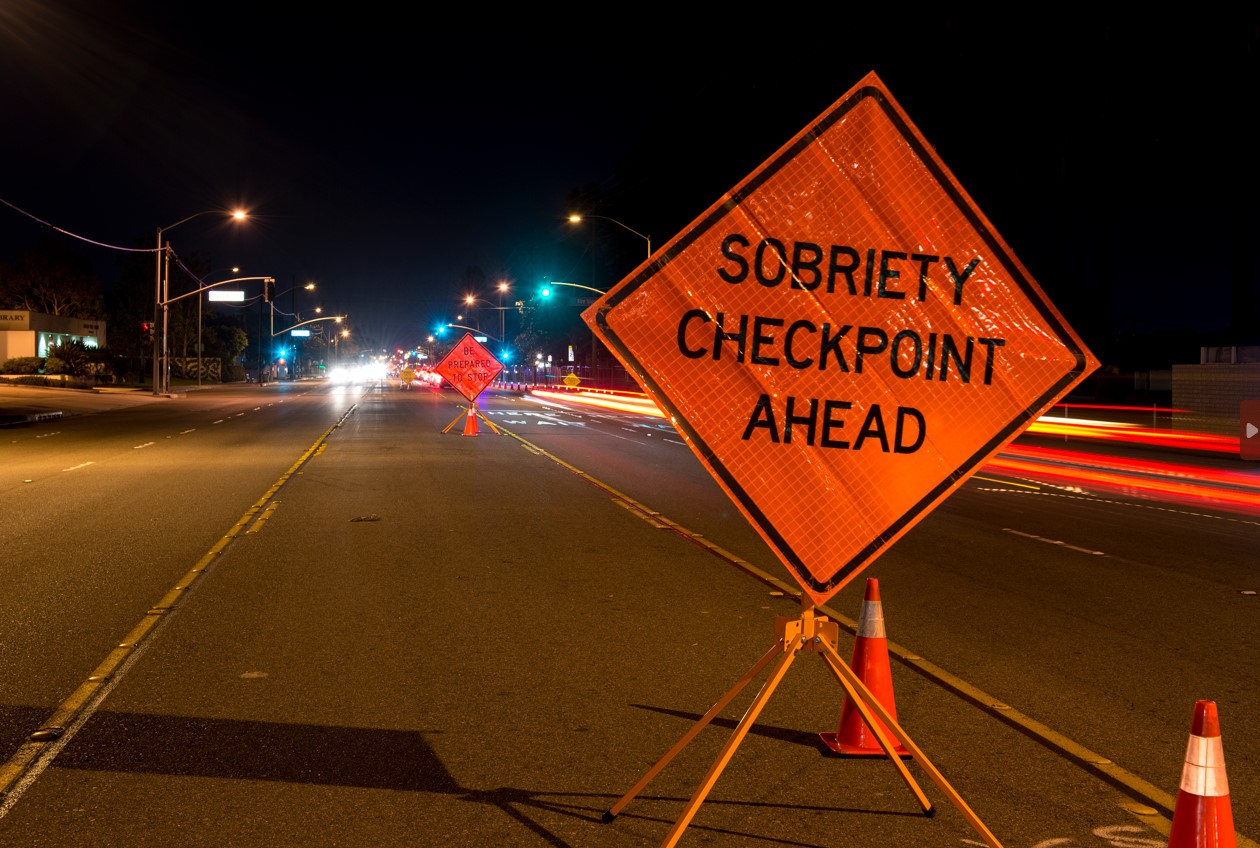
Driving drunk is something that most people know not to do. There are sometimes things that happen that require people to get behind the wheel after having some alcohol at a party or other event. After an arrest for drunk driving — including such an unfortunate event occurring when you were trying to get home from a sporting event or concert with your friends — you should learn about what points matter in a case like this so that you can decide what to do about your defense strategy.
Reasonable suspicion matters
Reasonable suspicion must be present for police officers to initiate a traffic stop. Moving violations, such as running a stop sign, might be the reason for the stop. Non-moving violations like burnt out taillights or headlights are also examples of reasonable suspicion. If there aren’t any moving or non-moving violations, other signs of drunk driving might lead to a stop. These include swerving, driving too fast, driving too slowly, braking unnecessarily, or straddling the center line. Officers who respond to an accident might decide that alcohol was a factor, which can lead to drunk driving charges, as well as other charges if there were injuries or fatalities.
Probable cause is necessary
Once the officer stops a vehicle, he or she must have probable cause before initiating an arrest. Unlike reasonable suspicion, probable cause requires that evidence point to the likelihood that the person who was pulled over committed the crime of drunk driving.
The results of a field sobriety test or a blood-alcohol concentration test can provide probable cause. Officers shouldn’t initiate an arrest for drunk driving when there isn’t any evidence that suggests chemically altered driving occurred. Even if an officer has reasonable suspicion to stop a vehicle, probable cause isn’t necessarily present. For example, if you are swerving and pulled over, probable cause might not exist if you pass a breath test and field sobriety test. If you tell the officer you drank four beers at the game and failed a breath test, probable cause is likely present.
Rights remain in effect
No matter what circumstances occur in your case, your rights re main in effect. This includes your right to remain silent, your right to have an attorney represent you and the right to defend yourself against the charges. Rights violations can impact your available defense strategy options. Make notes about everything that happens when you have contact with law enforcement officers. This includes during your traffic stop, arrest, and questioning.
